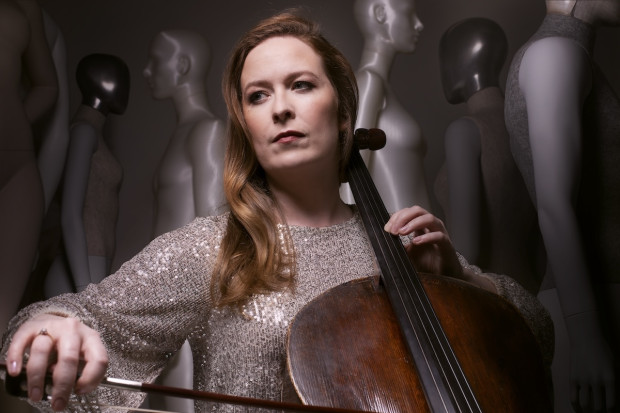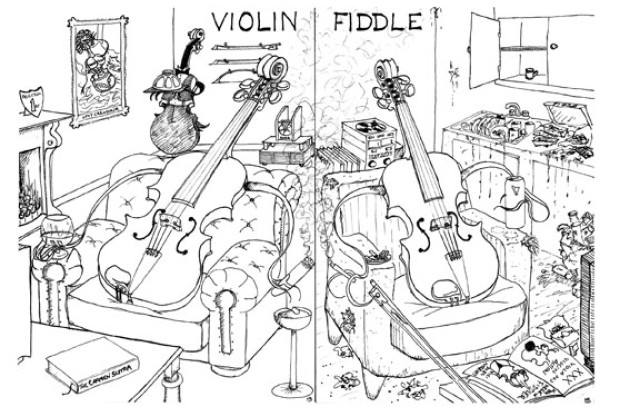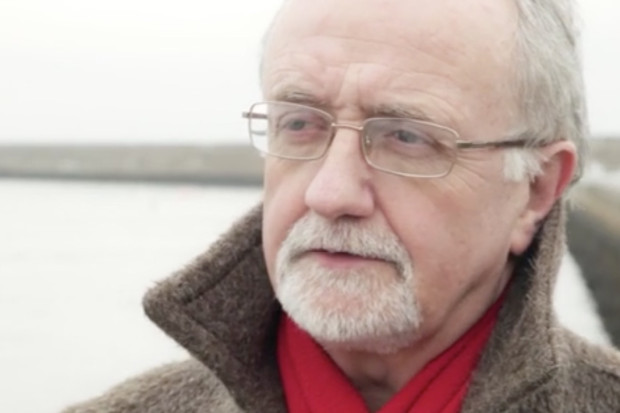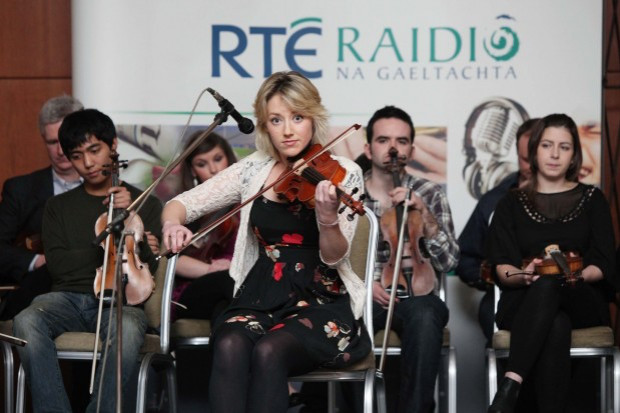
Ties that Bind
This is the third time in as many months that I am seated in the nook of a Dublin pub, two pints of Guinness fresh on the table, still settling; another friend is leaving. The explanation can remain unspoken: it’s not so much measurable factors that we read in the newspaper, like the absence of work, the high cost of living or even the climate that drive him away, but the atmosphere of hopelessness into which the country has descended, the sense that this is no more a country for making things happen, that this is no great project of which to be a part.
How quickly he will become a statistic – over 65,000 left Ireland last year, and this looks set to increase this year as the unemployment rate exceeds 13%, over one fifth of which, like him, is under twenty-five, and rising. And though Ireland has a long history of emigration (with some moments of respite), this generation of emigrants is different to any other. This generation – to which I belong myself, I should say – has never really experienced an Ireland without affluence and stability. The poverty of earlier decades, as well as the most violent periods in Northern Ireland, are a vague and distant memory, told second-hand.
For all that, this is the most globally connected lot yet. This generation, being about the same age as the internet itself, has a much more multi-faceted identity than previous generations. Even our language is now a hybrid of too many influences to parse.
Which is not to say that this is a generation completely without some kind of homeland. I myself moved from Dublin to Berlin some months ago, and though this was a home from home of sorts, and though I had the luxury of regular trips back, it was a matter of days before the cravings for Barry’s Tea, Kerrygold butter and RTÉ Radio’s Morning Ireland began. I visited my first ever Irish bar, and began to know and think more about the country’s current affairs than when I had lived and worked in the centre of its capital.
But this Irishness, whether latent or kicking for attention, now forms a shrinking part of a more complex whole, and not just for me or this generation, but for the whole lot of us. This new kind of identity is more individual, more personalised, which also means it is less immediately shared – it has more to do with the unpredictability of a solo experience, rather than the story of a population. Ironically, to those under thirty, the departure lounge at Dublin Airport and the dole queue now form two of the relatively few remaining forms of a communal cultural experience.
‘Are you taking your guitar with you to Canada?’ I ask my friend, the one who’s leaving. (There’s a bit of self-interest here – it’s a Taylor, and I was half-hoping he needed a babysitter for a while.) ‘Of course,’ comes the answer.
I should have known, of course. If moving away had taught me anything, it was how the music you carry with you begins to define you, and in ways that can surprise you, and ways that can have very little to do with the emblem on your passport. There is an idea of folk music being the music which defines a nation and its culture. But how authentic is this for those of us whose homeland is really now a little bit of everywhere? What happens when culture is not something you can trace on a map, when instead it is cloud-like thing, always changing shape, never there where you think it to be? New communities are linked not by place or history, but by an unordered mess of other, tinier connections, through which two people oceans apart may have more of a shared culture than next-door neighbours. How then does our idea of folk music sit in the essential rootlessness of our age?
This is where the emigration story comes back in. The idea of folk music has always been to counteract all forms of rootlessness. For the Irish emigrants of the 1840s, for example, the music they brought with them was a little piece of home, with whole sets of tunes and ways of playing them that could place them accurately in their region of origin.
Living in the transience of the present-day, we still need this idea of folk music, permanence in a time of impermanence, security in chaos. When all music can have the function of folk music, it becomes something with no musical characteristics, no tunes, no way of playing them – my playlist for the last few months has easily raced back and forth from Bach to Alicia Keys, moving erratically through other music in between. Folk music now is simply the idea that music can still define our heritage in the moment when we need it most, being the thing that holds it all together. The guitar is definitely going with him.
Published on 1 August 2010
Benedict Schlepper-Connolly is a composer and a director of Ergodos, a production company and record label. schlepperconnolly.com














